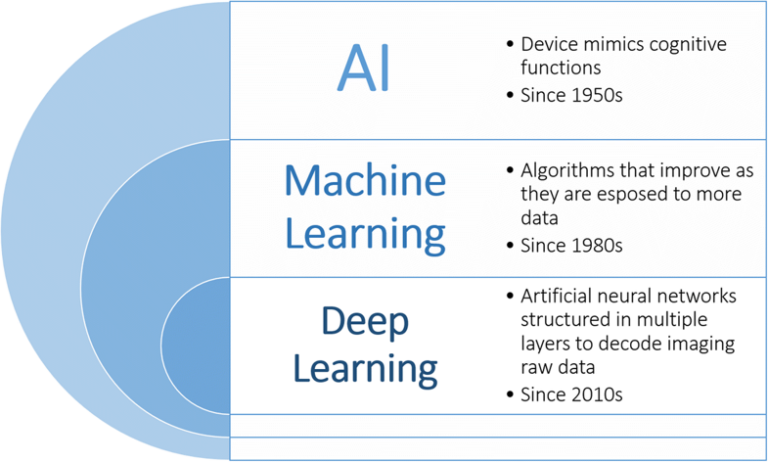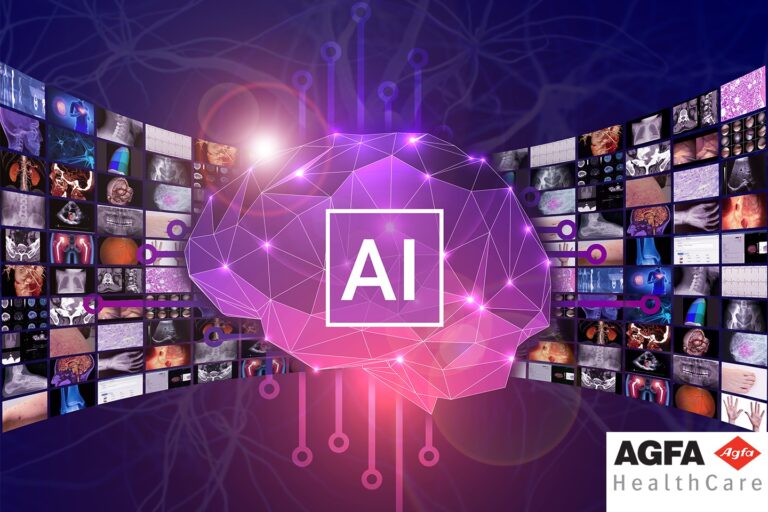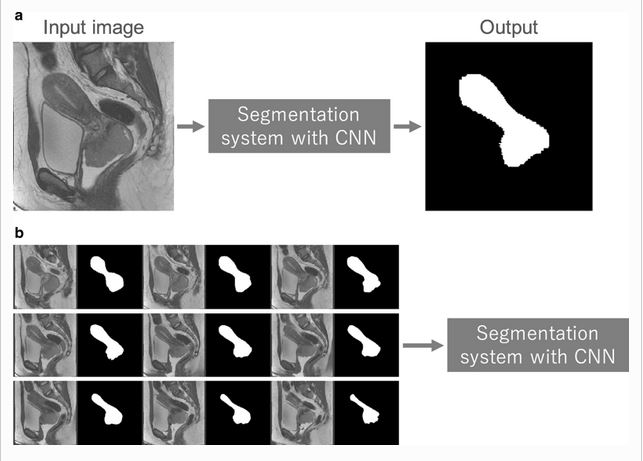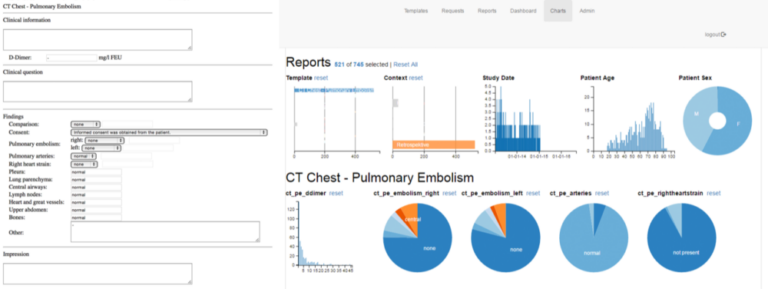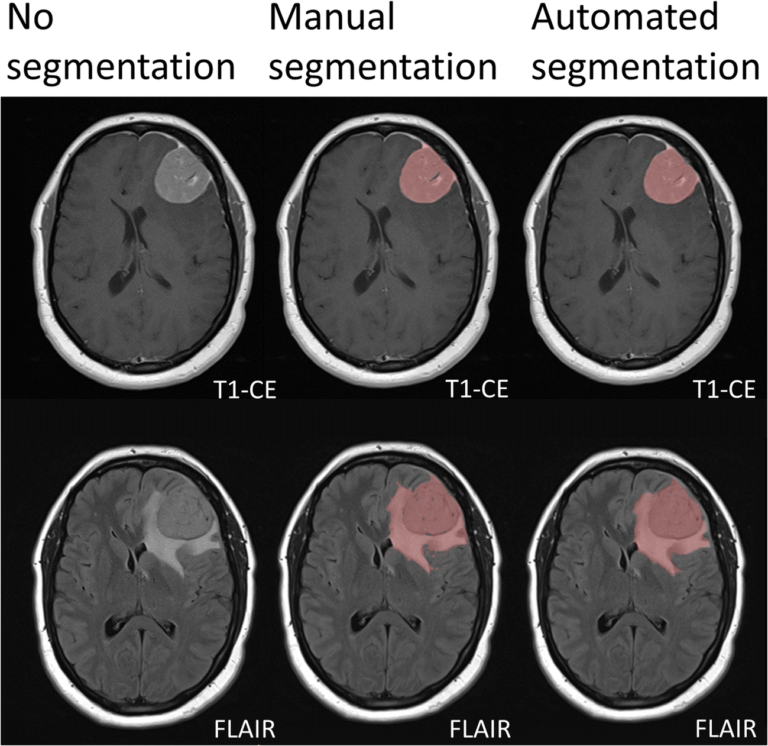
Using deep learning to detect and segment meningiomas
These days, selling a medical product or software solution without bringing up ‘artificial intelligence’ seems to be an almost impossible task. Hence, a certain mistrust by most radiologists is understandable and, sometimes, even warranted. Proof provided by well-conducted studies is, therefore, necessary to sort out the technical approaches and applications that could be truly useful, as well as trustworthy, for










